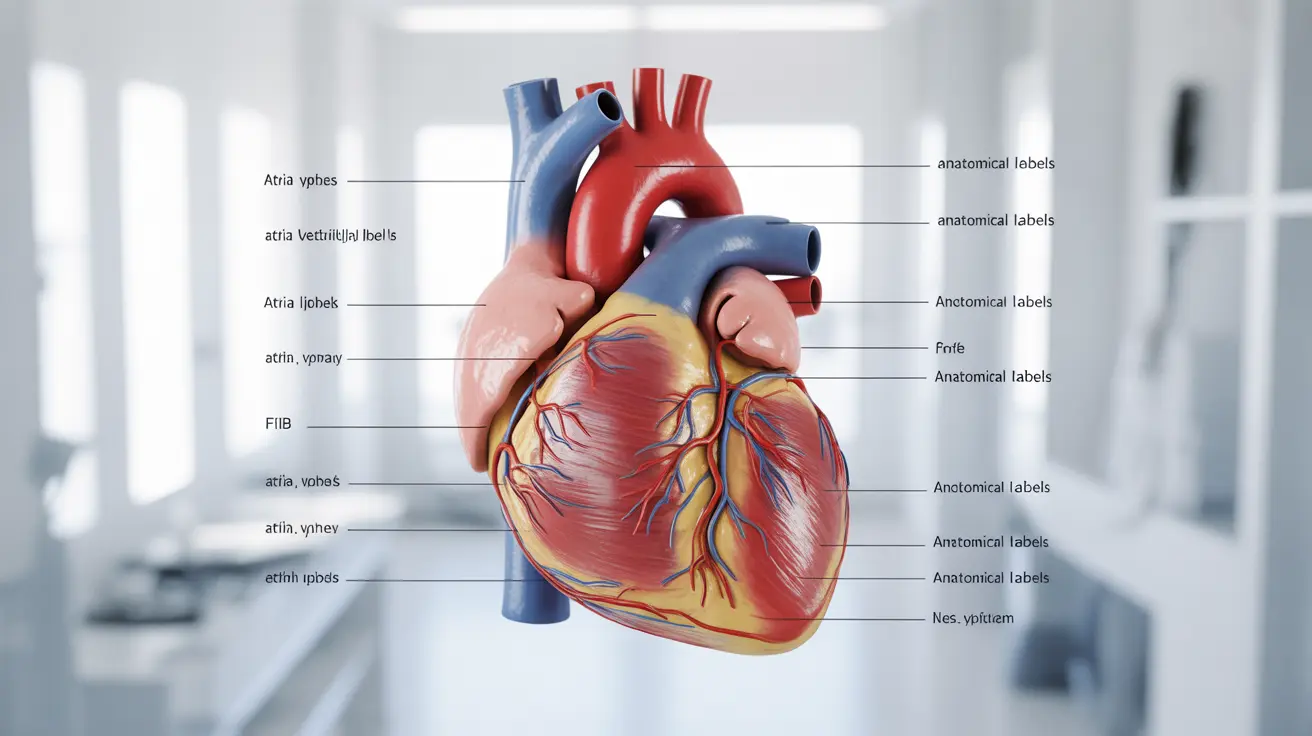Atrial fibrillation (AFib) is a complex heart rhythm disorder that affects millions of Americans. Many people diagnosed with this condition wonder if it can resolve on its own or through treatment. While the answer isn't always straightforward, understanding the possibilities for improvement and potential resolution is crucial for anyone living with AFib.
This comprehensive guide explores whether AFib can go away, what treatments are most effective, and what you can do to manage this condition successfully. We'll examine both spontaneous recovery and medical interventions that can help restore normal heart rhythm.
Understanding Spontaneous AFib Resolution
In some cases, particularly with recent-onset AFib, the heart may return to its normal rhythm without medical intervention. This is known as spontaneous cardioversion. However, the likelihood of this happening depends on several factors, including:
- The duration of AFib
- The underlying cause
- Overall heart health
- Presence of other medical conditions
It's important to note that even if AFib appears to resolve spontaneously, medical evaluation is still essential to understand the underlying causes and prevent future episodes.
Treatment Options for AFib
Medication-Based Approaches
Various medications can help manage AFib and potentially restore normal rhythm:
- Antiarrhythmic drugs
- Rate control medications
- Blood thinners to prevent complications
- Heart-strengthening medications
Procedural Interventions
When medications aren't sufficient, several procedures may help restore normal heart rhythm:
- Electrical cardioversion
- Catheter ablation
- Surgical maze procedure
- Left atrial appendage closure
Lifestyle Changes That Can Impact AFib
Making specific lifestyle modifications can significantly reduce AFib episodes and improve overall outcomes:
- Maintaining a healthy weight
- Regular exercise (as approved by your doctor)
- Reducing alcohol consumption
- Managing stress effectively
- Following a heart-healthy diet
- Getting adequate sleep
Long-Term Management and Prognosis
While complete "cure" may not always be possible, many people achieve successful long-term management of their AFib. Success often requires a combination of medical treatment and lifestyle changes. Regular monitoring and adjusting treatment plans as needed helps maintain heart health and prevent complications.
Frequently Asked Questions
- Can atrial fibrillation (AFib) go away on its own without treatment?
While AFib can occasionally resolve spontaneously, particularly in cases of recent onset, it's not common for chronic AFib to go away without treatment. Medical evaluation is always necessary to ensure proper management and prevent complications.
- How likely is spontaneous conversion to normal heart rhythm in recent-onset AFib?
The likelihood of spontaneous conversion varies but is highest in people with recent-onset AFib (within 48 hours of onset). Studies suggest that approximately 20-30% of recent-onset AFib cases may convert spontaneously to normal rhythm.
- What treatments help restore normal rhythm in AFib, and can they cure it permanently?
Treatments including medications, cardioversion, and catheter ablation can help restore normal rhythm. While these treatments can be highly effective, they may not provide a permanent cure. Success rates vary by individual and treatment type.
- What lifestyle changes can reduce AFib episodes or symptoms over time?
Key lifestyle changes include maintaining a healthy weight, limiting alcohol, managing stress, getting regular exercise, following a heart-healthy diet, and ensuring good sleep habits. These modifications can significantly reduce AFib episodes and improve quality of life.
- Why does AFib tend to come back even after successful treatment like ablation or cardioversion?
AFib may recur because the underlying structural changes or triggers in the heart often persist. Additionally, aging, ongoing health conditions, and lifestyle factors can contribute to the development of new electrical abnormalities in the heart, leading to recurrence.




